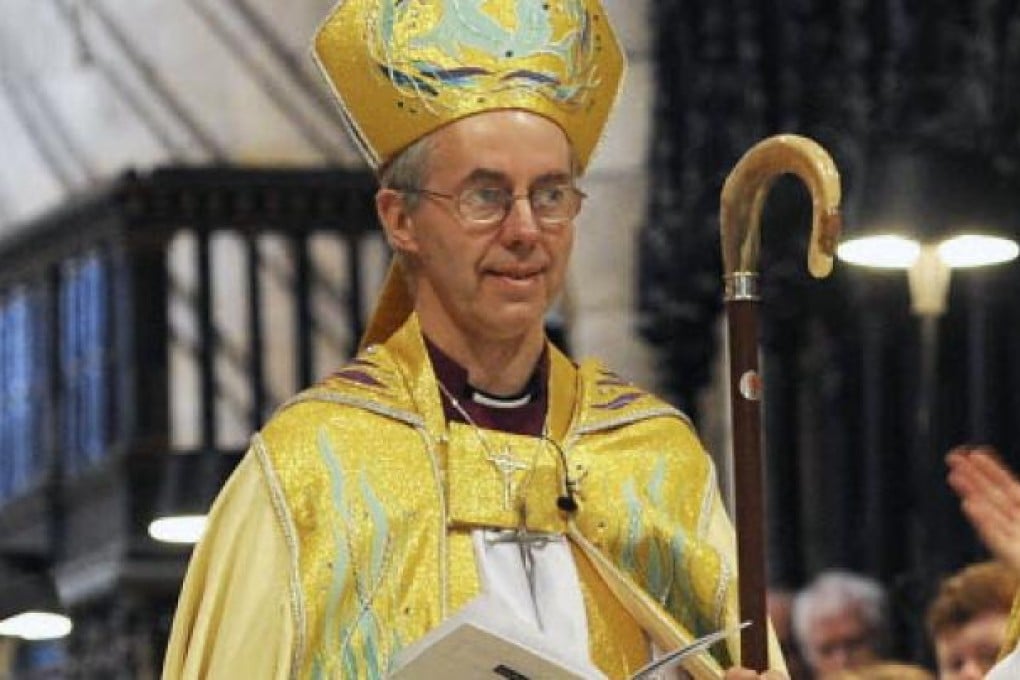
Two decades after it supported the introduction of women as priests, the Church of England began three days of deliberations on Monday that will include a critical vote on the ordination of women as bishops – a notion that still splits its members into rival camps.
The church is part of the worldwide Anglican Communion, a Protestant denomination that is deeply divided on issues of gender and sexuality. The church’s 470-member National Assembly is to vote on Tuesday on the question of ordaining women as bishops; to be approved, all three houses of the synod – the church’s bishops, clergy and laity – must vote in favour by a two-thirds majority.
The bishops and clerics are regarded as likely to endorse a compromise that would allow ordination of women as bishops, but permit traditionalist parishes to reject their authority. But the outcome of the vote among lay members is far less assured, according to British analysts.
Almost all of the 44 Church of England bishoprics have indicated support for the measure.
Women currently account for one-third of the Anglican clergy and about half of those now in training to become priests. But the question of women as bishops stirs passionate debate among Anglicans, especially in Africa, where one-quarter of the world’s Anglicans live and where social attitudes tend to be more conservative than in the West. The church’s attitude toward same-sex marriage and homosexuality stirs similar controversy.
The vote this week will test the authority of both Dr Rowan Williams, the departing archbishop of Canterbury, and his successor, Justin Welby, the bishop of Durham. Williams is set to retire at the end of this year from the post, the most senior in the church. Both he and Welby have said they will vote in favour of the compromise.